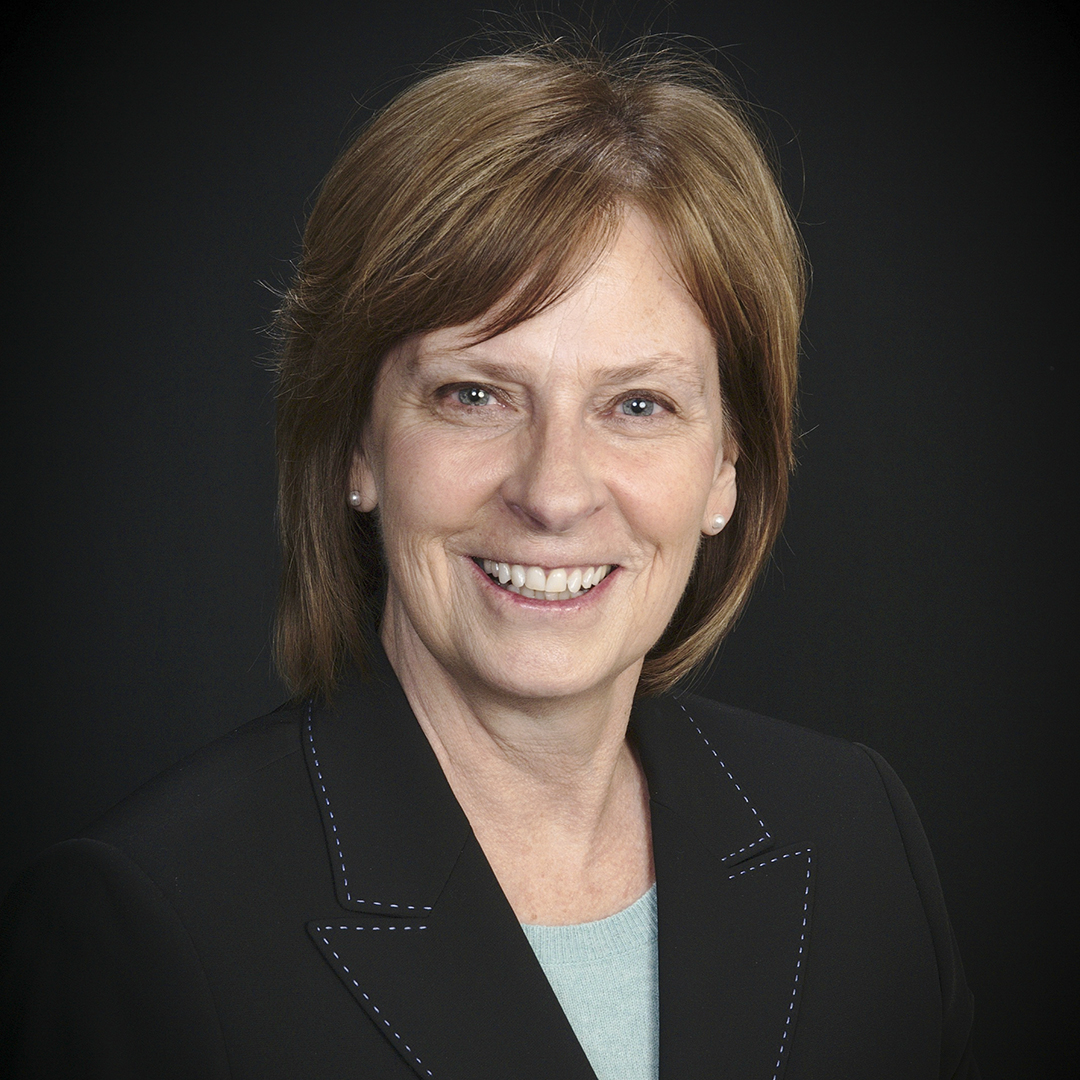|
Getting your Trinity Audio player ready...
|
While most other high school seniors were thinking about prom and graduation, Hifa Maleki was studying for her real estate license.
By the time she earned her high school diploma, Maleki had already kicked off her career by helping her older sister show converted buildings for rent and sale. “I’m not even sure if it would be legal now,” Maleki laughs.

VP of Franchise, Development & Operations
Orangetheory Fitness Courtesy of Orangetheory Fitness
This unorthodox path wasn’t driven solely by personal ambition but by the opportunity to better her family. Early in Maleki’s life, they were smuggled out of Iran into Pakistan and lived in a United Nations refugee camp before ultimately winding up in Edmonton, Alberta, to forge a new life. She and her siblings did what they could to help their family thrive, cognizant of the opportunity they had been given to pursue their dreams and willing to do whatever it took to be successful.
Maleki’s determination paid off, as the now vice president of franchise development and operations for Orangetheory Fitness has evolved from real estate to hospitality to serious business development roles. She has even helped those with dreams of their own open franchises and provided the necessary support for those new businesses to gain their sea legs and be successful.
Tone and Etiquette
The management training and leadership development provided by the Joey Restaurant Group, where Maleki spent seven years, was a fundamental component of her philosophy that has helped grow new businesses since she came to Orangetheory. “I swear my career is where it is because I worked for Joey’s,” Maleki says. “The Joey Restaurant Group has such elite commitment and value for the people that worked for the organization; they fostered a great mind-set in how to inspire and empower people.”
Joey’s paid for executive coaching that lasted years, and at 25 years old, Maleki was managing a staff of 300. Constant mentorship meant that Maleki was able to assemble her own work philosophy by taking cues from the very best in the industry. “I’m in a big believer that when you do anything, you include others and mentor to inspire whoever you can,” Maleki says. “I tell any young person that I didn’t do anything alone: I never had a hard conversation alone, and I never had a positive conversation alone; someone was always there.”
One of Maleki’s most important lessons she works to pass along is the idea of tone and etiquette. “My franchisees hear this all the time,” she says. “The reality is that when I’m not around, I am still judged by how my team communicates. If an employee doesn’t handle a situation correctly, who do they blame? The brand.”

Maleki continues that by working to create an environment where people are motivated to communicate and continually develop, expectations are naturally developed that provide a baseline for appropriate behavior.
Building Effective Franchises
At Orangetheory, Maleki talks about the four effective components of ensuring success for a franchisee. “Training is essential; if a franchisee doesn’t know something, it’s our responsibility to be accountable for making sure to create resources and processes that eliminate any blind spots.” The VP says that no matter how a franchise is delivered, it’s never a “building in a box.” Every franchisee learns differently, and it’s essential to supplement their learning style in different ways.
The second is care. “Sometimes a franchisee doesn’t care or even know that they should, and many times that can be resolved by spending time and answering questions about why it’s important,” Maleki says. If a franchisee doesn’t seem to care about a critical part of the business, it’s the franchisor’s responsibility to communicate the “why.”
And just because a franchisee might have the training and required care, it doesn’t necessarily mean they have the capacity to carry out the necessary action. “If you sell a license, you have a responsibility to your franchisee’s capacity,” Maleki says. “We look at what infrastructure can help supplement their need; you can’t just say ‘tough luck’ if you care about their success.”
The last component comes down to the franchisee’s resources to be successful. “For us, it’s really important to understand who is doing this and do they have the ability to be successful,” Maleki explains. “When it comes to a franchisee being successful, a large part is being accountable for checking in on them and making sure they’re on the right path.”

Charting the Course
Maleki says that in her own career, she believes in direction, not destination. “I love growing and building a business because I get to work with so many people, moms and dads, and young people that want to truly build something for themselves,” Maleki says. “One day, I hope to be in a higher position where I can influence and inspire even more people to reach new levels; that’s where I see myself.”
And no matter where she goes, she wants anyone looking to follow in her footsteps to notice the other footprints that run alongside hers.


